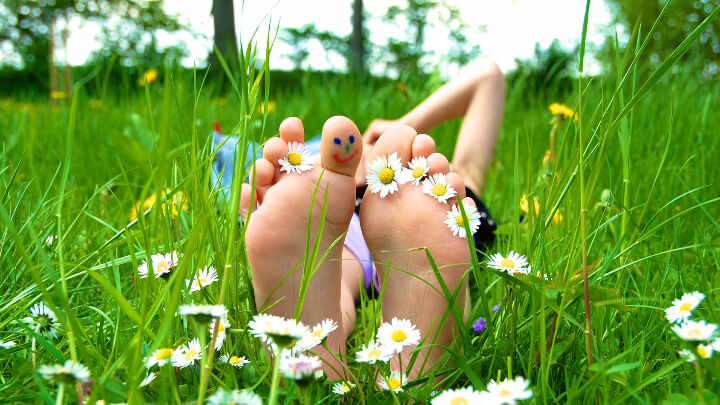Tips with concentration problems
Children with ADHD often have difficulties to stay concentrated on a task. They frequently make careless mistakes and are easily distracted. They are not less intelligent than their classmates, yet they often get bad grades. Accordingly, one central objective is to train the child's attention performance. But take care not to demand too much of your child and make sure the fun of doing something will not be lost.

Setting a good example
How well do you concentrate on the things you do? Reading the paper during breakfast, looking at the smartphone while talking to your partner - adults also tend to do different things simultaneously. Children also notice that. Try to set a good example and avoid multitasking. Because that is a genuine concentration killer.

Household chores
In order to train the ability to concentrate, special exercises really are not always required. Because even doing simple household duties will train concentration and a systematic approach. You should therefore try to include your child into your everyday family life and give it small, age-appropriate tasks. Younger children may help set the table, for example; they may also hand you clothes pegs or clean vegetables for dinner. Older children may add the pizza topping, set the table on their own and clear it, water flowers or care for the family pet. Important: Beforehand, talk with your child what it would really like to do and then make sure that it actually completes the task.
Also do not forget to thank your child for its help and make it clear that it made an important contribution to your family life. That will boost its self-confidence.

Practice looking and listening
Children with ADHD can also train their concentration with games. Memory games are particularly suitable: Why don't you play it once again with your child and encourage it to exactly memorise the items on the cards and describe in detail what it has seen. Nature as well can offer a lot with regard to concentration exercises: Have fun with your child and perk your ears in your own garden or during a walk in the woods: Who can hear the wind in the leaves or the bee humming in the flower bed? Which voice belongs to which neighbour, etc.?

Set breaks
Nobody can concentrate endlessly long on one thing. That's why small breaks are important. But this is not about promoting the classical "evasive manoeuvers" of going once again quickly to the toilet or getting something to drink. Accordingly, break periods should be set and limited to a few minutes. Depending on the age of the child, you might also talk about whether it wants to use the break for an imaginary trip or rather move around.

Tips for homework
When it comes to homework, all children are quick with excuses why they cannot do them at all right now. So it is all the more important to establish clear rules: Agree with your child on a fixed time of day when homework is to be done. Make sure that your child has its own workplace which is tidied and offers no potential for distractions. Divide the assignments into small portions and make short breaks. Check the assignments when your child is finished. And make sure not to critise any minor things and to also praise your child – even for the effort as such.

Sitting up at the edge of a chair
Sitting up at the edge of a chair has a positive effect on concentration. Because due to the small contact area between body and chair, one must automatically sit straight and keep up this tension alone. This muscle tension in turn promotes "central nervous alertness" and improves concentration. For this posture, it is best to place a wedge cushion on the seat.